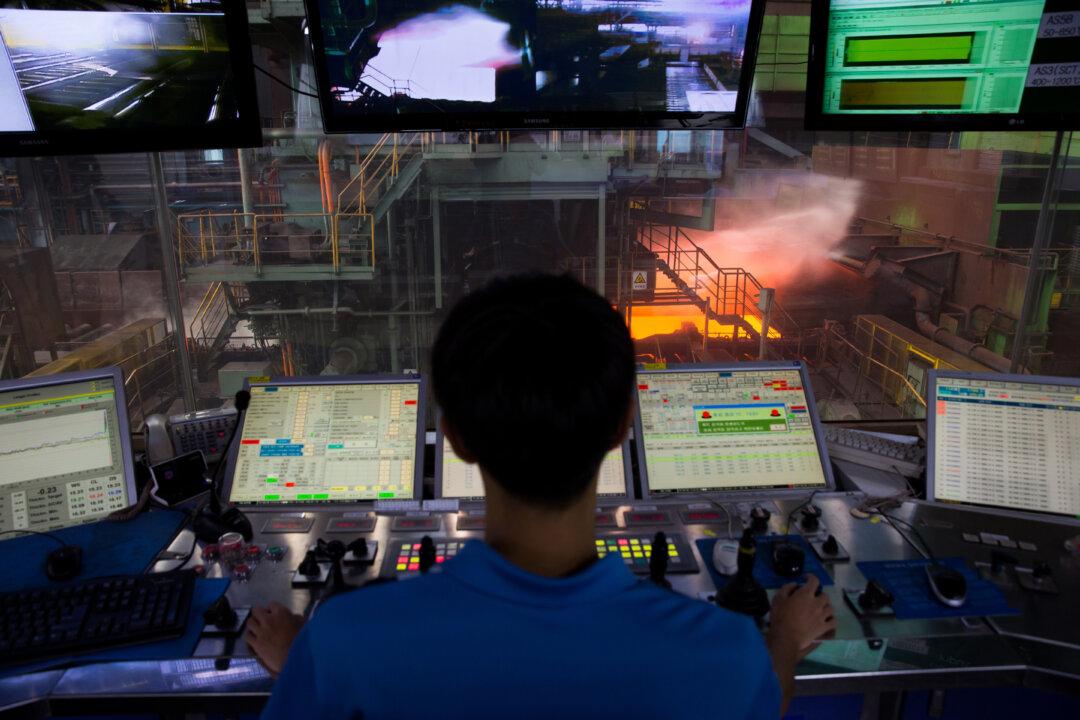South Korea has become ensnared in the United States’ trade war with China.
On Feb. 16, the U.S. Commerce Department released recommendations for President Donald Trump to impose tariffs on at least 54 percent on steel imports from 12 countries, including China, South Korea, Brazil, Russia, Thailand, Turkey, and Vietnam.





